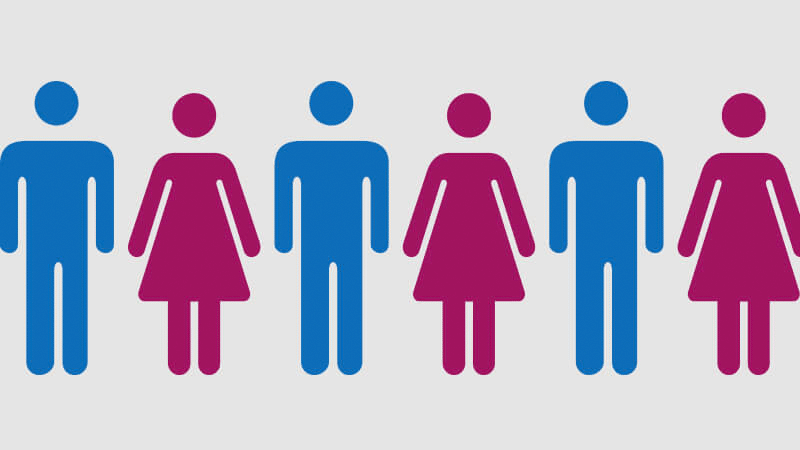A period product supplier has campaigned to erase ‘gendered language’ from its advertising in the name of inclusivity.
Bunzl, the distribution company for Grace and Green, claimed that “not all people who menstruate are women” as some women identify as men or ‘non-binary’.
Early this year, the UK Supreme Court ruled that the terms ‘woman’, ‘man’ and ‘sex’ in the Equality Act 2010 refer to biological sex.
Erasing gender
Grace and Green’s website says: “The language we use when talking about menstrual health is important. People tend to use the words ‘women’ and ‘girls’ when discussing periods which can be harmful as it reinforces the idea that menstruation is a wholly female topic.”
It adds: “it’s important that we consider all of the diverse experiences because there’s no one way to get a period. And after all, blood has no gender.”
But Helen Joyce, Director of campaign group Sex Matters, accused the company of “erasing women and girls from the female-only experience of menstruation”. She continued: “The only way that Grace and Green’s products could truly be ‘gender-neutral’ is if its product designers had considered male anatomy when designing sanitary pads and tampons, which is clearly not the case.”
She added: “This type of nonsense is blatant pandering to trans activists, who demand that everyone else plays along with the farcical idea that men who imagine themselves to be female can have periods, and that women who imagine themselves to be male are ‘men who menstruate’.”
Offensive
Avanti West Coast recently introduced a scheme to provide free period products on its trains to coincide with Menstrual Hygiene Day. However, it was criticised for not once using the word ‘women’ in the publicity for it.
Mary Howden, a Director of the Women’s Rights Network, commented: “While it is commendable that Avanti West Coast is offering its customers period products, it is disappointing that it fails to acknowledge that those customers will all be women.”
She explained: “The erosion of language that relates only to women is not inclusive. It is clumsy and often unclear, and many women find it extremely offensive.”
‘Incoherent’
In April, the UK’s highest court unanimously ruled in favour of For Women Scotland’s appeal against Scottish Government guidance that allows men who identify as female to take women-only positions on company boards.
Lord Hodge, Lady Rose and Lady Simler – supported by Lord Reed and Lord Lloyd-Jones – explained that “interpreting ‘sex’ as certificated sex”, rather than biological sex, would “cut across the definitions of ‘man’ and ‘woman’ and thus the protected characteristic of sex in an incoherent way”.
They continued: “Similar confusion and impracticability arise in the operation of provisions relating to single sex characteristic associations and charities, women’s fair participation in sport, the operation of the public sector equality duty, and the armed forces.”

Woman injured by trans rugby player in a pro match calls for change
FA drops case against teen who was suspended for asking if her opponent was male

